Caffeine and Dry Eye
Do you love to start your day with a cup of caffeinated coffee? While caffeine can provide a much-needed energy boost, it’s important to be aware of its potential impact on your eyes, especially if it’s in the form of dry eyes. This discussion explores the link between caffeine and the dry eye condition. Truthfully, the impact of coffee on dry eye is not likely to be significant, but it can be additive when combining various other factors. Caffeine may be “the straw that broke the camels back” for symptomatic dry eye, or “fuel added to the fire” with an existing dry eye condition, but, again no, it is not considered a significant factor in causing dry eye.
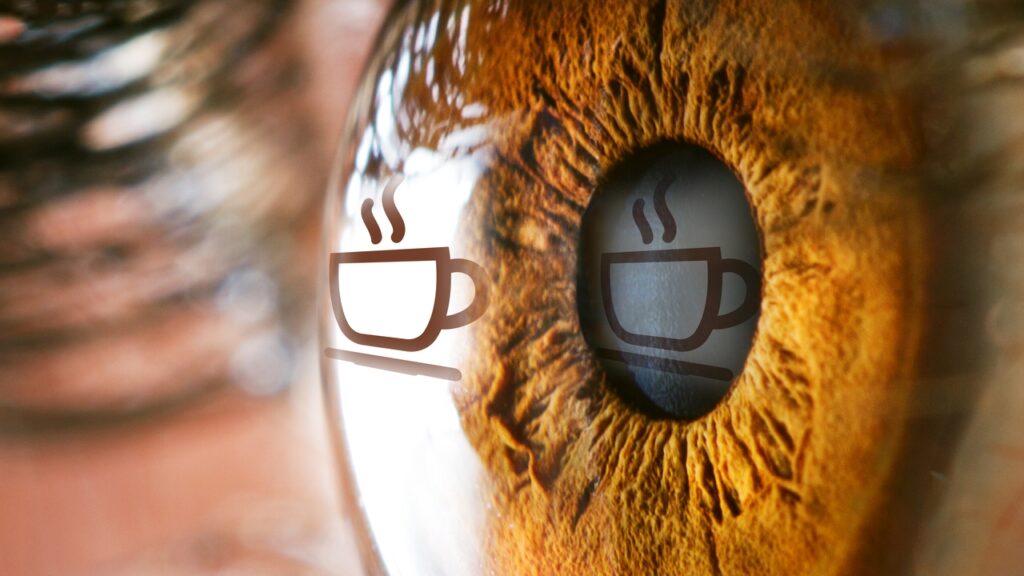
What effects does caffeine have on the eye?
Caffeine is a widely consumed stimulant found in many beverages, with coffee being the most popular source, followed by tea, energy drinks, and sodas. While moderate caffeine consumption is generally considered safe, excessive intake of caffeine-rich beverages can lead to potential health risks. Systemic risks can include increased heart rate, high blood pressure, anxiety, insomnia, and digestive issues. Potential ocular issues include dry eye, but there are even studies that suggest a potential link between caffeine consumption and other eye diseases as well. However, more research is needed to fully understand these connections, and our discussion will surround the dry eye association.
On the other hand, there is also evidence to suggest potential benefits of caffeine for eye health. Caffeine may have protective effects against certain eye diseases such as age-related macular degeneration, a leading cause of blindness in the US. This protective effect due to the fact that caffeine is an antioxidant. Antioxidants are recommended to reduce the progression of macular degeneration.
How does caffeine in coffee effect the eye?
In the past, caffeine consumption has been suggested to have an impact on tear production by decreasing tear secretion. People who consume caffeinated beverages, such as coffee, were shown to experience reduced aqueous tear production compared to non-caffeine consumers. Should those studies have held true, then the potential effects of caffeine on tear production could be particularly concerning for individuals who have dry eye syndrome. However, recent science does not support that the influence of typical coffee intake to have a negative bearing on tear quality, so the correlation between dry eye and coffee intake is weak.
However, there is always another angle to consider. Factors such as age and gender may also influence the effects of caffeine on tear production and the development of dry eye, with older individuals and females potentially being more susceptible. Most dry eye issues stem from the reduction of oil function in the lids, but the combination of reduced aqueous flow could exacerbate the dry eye problem if, in certain people, there is a positive correlation. Therefore, it is important for each individual, especially those who already have dry eye syndrome, to be mindful of their overall caffeine consumption and consider its potential impact on their specific overall condition. By simply being aware of the possible relationship between caffeine consumption and tear production, each person may better manage their symptoms and seek appropriate intervention if necessary.
What is dry eye syndrome?
Dry eye syndrome is a condition characterized by a lack of sufficient lubrication and moisture on the surface of the eye. Symptoms include redness, irritation, a gritty sensation, and blurred vision. It can be caused by a variety of factors, including aging, environmental conditions, certain medications, and underlying health issues. Dry eye is often associated with decreased oil production, but can also be associated with a hydration deficit. Studies do not currently demonstrate that coffee contributes to an overall hydration loss as it is often portrayed. Instead, more water is absorbed than lost from coffee intake.
How to Manage Dry Eye?
Addressing dry eye syndrome through dietary and lifestyle modifications can be beneficial. Incorporating omega-3 rich fish, leafy greens, seeds, and nuts into the diet can help reduce inflammation and improve eye health. Omega-3 fatty acids are known for their anti-inflammatory properties, which can help alleviate symptoms of dry eye syndrome. In fact, moderate coffee consumption has even been linked to a lower risk of dry eye syndrome, although the exact mechanism is not fully understood.
Lifestyle changes such as staying hydrated, using a humidifier, avoiding prolonged screen time, and taking regular breaks to rest the eyes can also help manage dry eye syndrome.
What kind of non-prescription Therapy is available for dry eye?
Additional home therapy, beyond the previous tips, include addressing dry eye from three standpoints: tomorrow, now, and the future.
To limit dry eye complications TOMORROW, use preservative free nighttime eye ointments to lock moisture in the eye at night, and give the eye a chance to heal from the previous day’s dry eye problems. Therefore, when you wake up, your eye is ready to take on the next day.
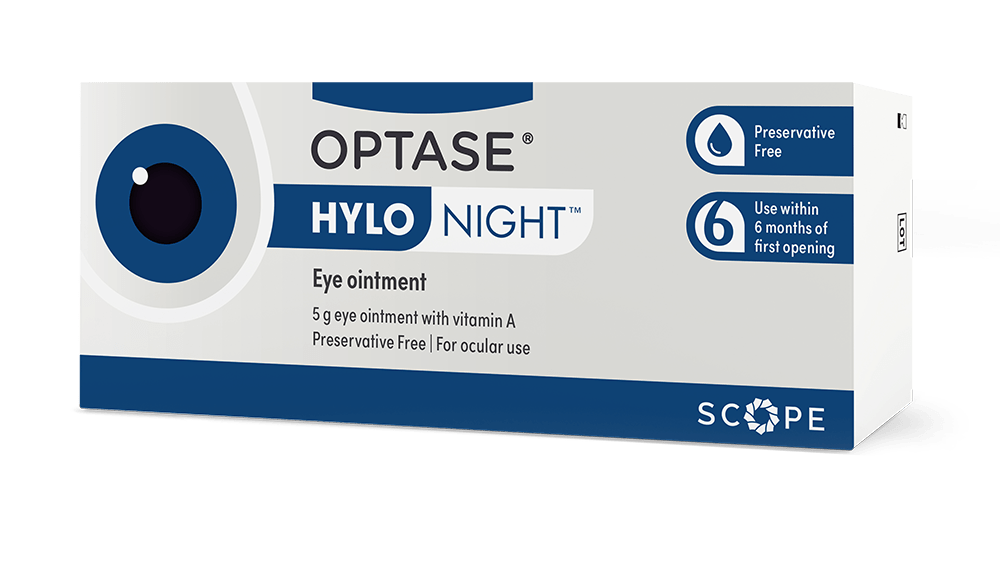
To help dry eye complications NOW, use artificial tears for the eye. Dry eye symptoms, such as irritation and watering, tend to stem from the oil layer breaking down in the tear, and since the eye is watering in response to the unstable tear, it makes it hard for the eye to reestablish an oil balance. Artificial tears provide a window of ten-fifteen minutes for the natural oil balance in the eye to recover.
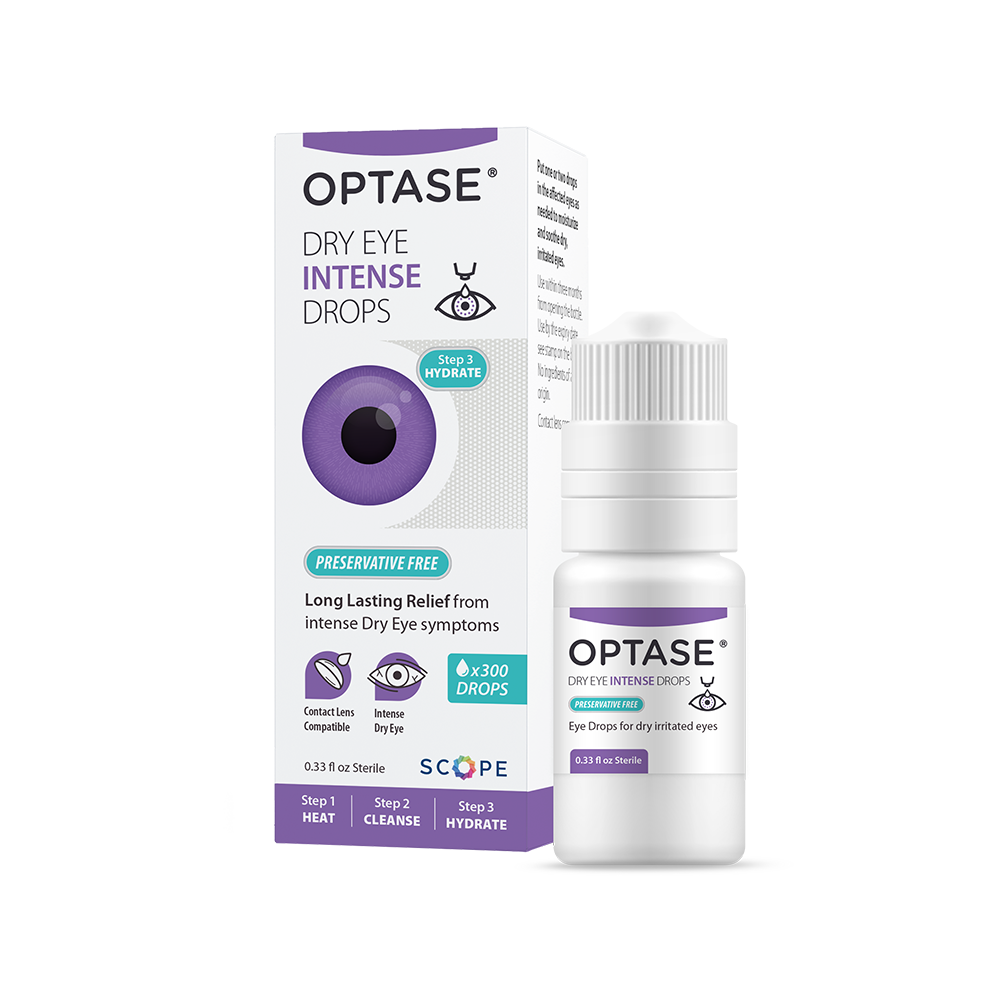
To help the meibomian gland function for the FUTURE, omega-3 supplements, like fish oil, and hot compresses on the lids (10 minutes at a time, up to 3x/day) may also prove helpful if it is oil function that is the cause of the dry eye. Since many of us are routinely dehydrated, proper water intake is also beneficial (this is where caffeine affects dry eye – at the level of water production, not so much the oil production).
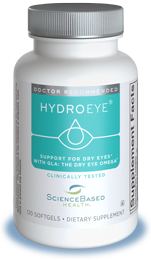
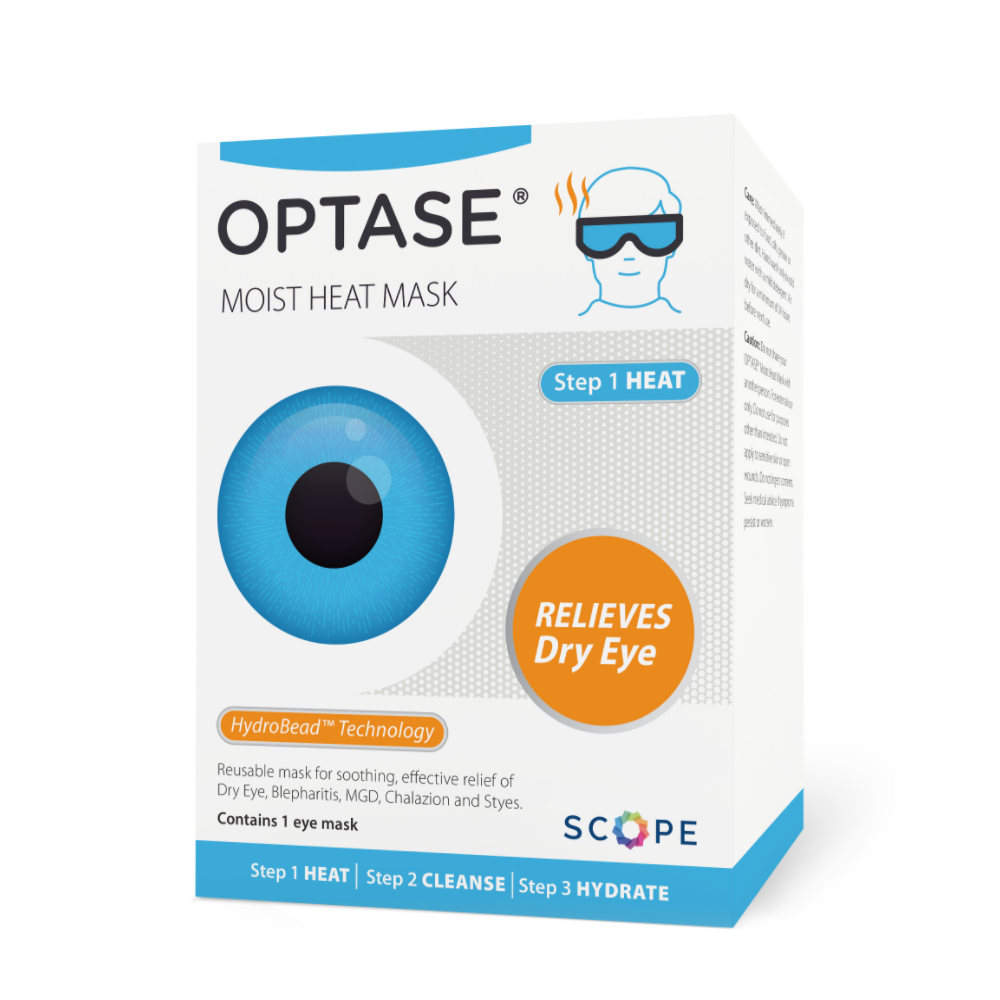
What is the link between caffeine and dry eyes?
The link between caffeine and dry eyes is a topic of interest for many people who rely on caffeinated beverages to stay alert and focused throughout the day. Caffeine is a natural diuretic, meaning it can cause the body to lose more water through increased urination, but there is often more water gained than lost, for example, from coffee, negating a dehydration effect, and contributing to greater hydration instead. However, when a dehydration effect does present, whatever the cause may be, it can lead to dryness and irritation of the eyes. But keep in mind, dry eye syndrome, as a recurring disease, is not considered to be caused by caffeine.
Is caffeine a major cause for dry eye?
No. It is important to consider other potential negative effects on tear quality when considering whether caffeine is the cause of dry eye conditions for each individual. Often, there is not just one cause for a dry eye condition, instead, there is a combination of factors that create the problem.
Environmental irritants such as smoke, pollution, and allergens can also cause irritation to the eyes, leading to decreased tear production and poor tear quality. Additionally, hormonal changes, such as those experienced during menopause or pregnancy, can also affect tear production and quality. Certain medications, like antihistamines and decongestants, can cause dry eyes as a side effect, further impacting tear quality. Underlying health conditions such as autoimmune diseases, diabetes, and thyroid disorders can also contribute to tear instability.

Furthermore, the use of digital screens for prolonged periods can lead to digital eye strain, which can result in decreased blink rate and tear evaporation, ultimately affecting tear quality. Contact lens wear can lead to decreased tear production and poor tear stability, as the lenses can disrupt the natural tear film on the eyes. Inadequate hydration can cause dehydration, leading to dry eyes as well.
The point is, caffeine is a very small factor that has been overrepresented as a cause for dry eye in the majority of people. It may even have beneficial properties for the dry eye sufferer. Much is still left to be fully understood. However, that does not absolutely dictate that for some people, it may not play a role in there particular dry eye situation. Potentially, anything in excess, including caffeine and coffee, may have negative side effects, including to tear stability. This article is not suggesting that you have to get rid of your caffeine intake (especially since coffee has links to other health – including ocular – benefits). Rather, this article is hoping to help you understand that dry eye has many potential variables, so you can better manage your personal dry eye condition.
Need Consistanly Cheap Contacts?
DeliverContacts.com always guarantees you are paying low prices, every time you buy. We will never play games with our pricing or take part in manipulative discounts. Just consistently cheap contacts, forever.
Give your box a search below and see for yourself! 100% Free shipping and returns on all products!
